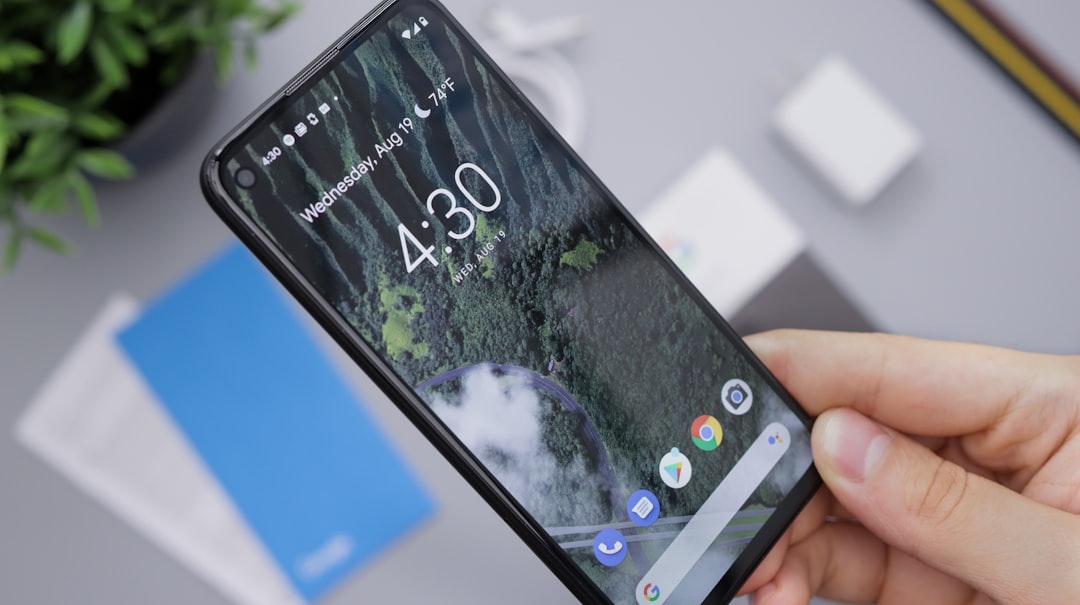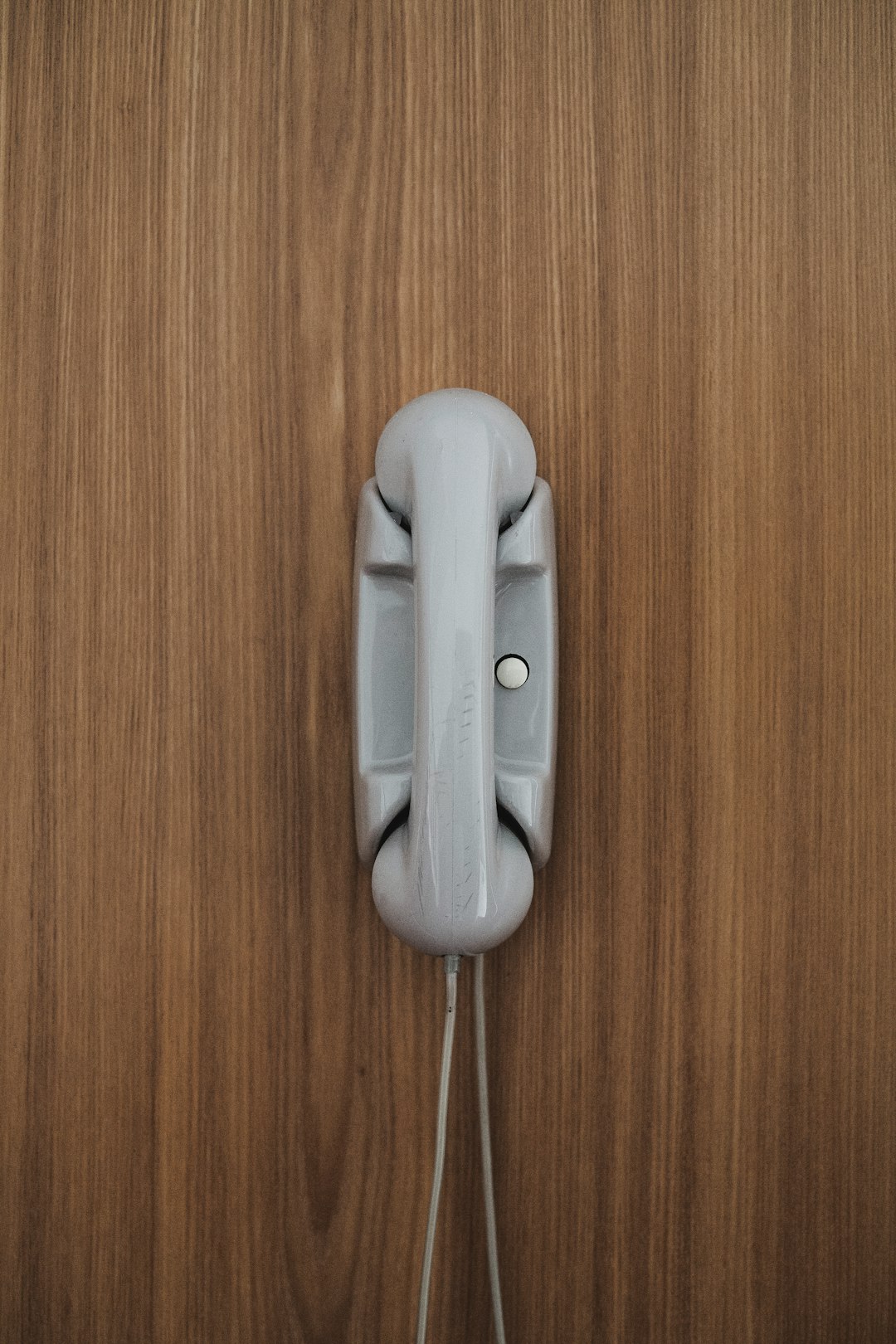In Omaha and Nebraska, autodialing technology has revolutionized marketing for SMEs but is bound by local laws, especially telemarketing and consumer protection regulations. Autodialer lawyers play a vital role in ensuring businesses comply with these rules, using legal records to document consent, calls, and interactions, protecting both businesses and consumers from legal issues. Effective record-keeping enhances marketing strategies, improves ROI, and strengthens brand reputation. Nebraska's autodialer lawyers emphasize the importance of comprehensive record-keeping for TCPA compliance, risk mitigation, and consumer rights protection. They leverage autodialing to enhance efficiency, reduce errors, and better serve clients. Best practices for legal record maintenance include meticulous documentation, separate record systems, and regular data backups to ensure compliance and integrity.
In Omaha, as across Nebraska, autodialing has transformed how businesses connect with customers. However, this technology’s effectiveness hinges on navigating a complex web of legal records and compliance. This article delves into the critical role that legal records play in shaping the practice of autodialing. From understanding Nebraska’s regulatory landscape to safeguarding consumer rights and exploring case studies, we examine best practices for maintaining accurate documentation, emphasizing the indispensable contribution of autodialer lawyers in Nebraska.
Understanding Autodialing and Legal Records in Nebraska

In Omaha, and across Nebraska, autodialing refers to a technology that allows businesses to automatically make outbound phone calls to potential clients or customers. This innovative method has revolutionized marketing strategies, particularly for small and medium-sized enterprises (SMEs) looking to expand their reach. However, the effective use of autodialers is heavily influenced by local laws and regulations, especially concerning legal records management.
Nebraska, with its specific legislation on telemarketing and consumer protection, requires businesses using autodialers to adhere to strict guidelines. These include obtaining proper consent from call recipients, providing clear identification during calls, and respecting do-not-call requests. Legal records in this context are crucial as they document the processes and consents associated with autodialing practices. For autodialer lawyers in Nebraska, understanding these legal requirements is essential to ensuring compliance, mitigating risks, and protecting both businesses and consumers from potential legal issues arising from telemarketing activities.
The Role of Records in Compliance and Regulation

In the realm of autodialing practices, legal records play a pivotal role in ensuring compliance and adherence to regulatory frameworks. For businesses utilizing autodialers in Nebraska, comprehensive record-keeping is not just a best practice; it’s a legal requirement. These records serve as a shield against potential legal repercussions by documenting consent, call details, and consumer interactions. Without thorough documentation, autodialer lawyers in Nebraska could challenge the legitimacy of marketing campaigns, leading to costly settlements or worse.
The importance of these records extends beyond avoiding litigation. They enable businesses to refine their autodialing strategies, targeting specific demographics with refined accuracy. By meticulously tracking success rates, opt-outs, and consumer feedback, companies can tailor their messaging for maximum effectiveness. This data-driven approach not only enhances marketing ROI but also fosters better relationships with customers, thereby strengthening brand reputation in the competitive Nebraska market.
Protecting Consumer Rights Through Legal Documentation

In the realm of autodialing practices, legal records play a pivotal role in safeguarding consumer rights in Omaha and beyond Nebraska. With the advent of automated calling systems, ensuring compliance with regulations is more critical than ever. Consumer protection laws are in place to prevent harassment, provide transparency, and guarantee fair business practices, especially when it comes to telemarketing.
Autodialer lawyers in Nebraska emphasize the importance of thorough documentation to mitigate legal risks. This includes maintaining detailed records of consent, call logs, and consumer interactions. Such documentation enables businesses to demonstrate compliance with regulations like the Telephone Consumer Protection Act (TCPA), thereby shielding them from potential lawsuits and fines. Effective legal record-keeping ensures that consumers’ rights are respected while allowing businesses to thrive in a highly regulated industry.
Case Studies: Success Stories with Autodialers

In the dynamic legal landscape of Nebraska, autodialer lawyers Omaha have found a powerful tool in automation. Case studies reveal impressive success stories where autodialing has transformed traditional legal practices. For instance, a small law firm specializing in debt collection witnessed a 30% increase in case outcomes after implementing an autodialer system. The technology enabled them to contact clients promptly, improving response rates and ultimately leading to more successful collections.
Another compelling example involves a corporate legal department that utilized autodialers for document delivery. By automating the process of sending important legal documents, they reduced manual effort by 60% and significantly lowered errors. This efficiency allowed their team to focus on complex tasks, enhancing overall service quality for clients and internal stakeholders alike. These real-world applications underscore the immense potential of autodialing in optimizing legal services, particularly when tailored to the unique needs of autodialer lawyers Nebraska.
Best Practices for Maintaining Accurate Legal Records

Maintaining accurate legal records is paramount in autodialing practices, especially for autodialer lawyers in Nebraska. Best practices involve meticulous documentation, including detailed logs of all calls made through the autodialer system. Each call should be meticulously recorded with information such as the date and time, contact number, name of the person called (if available), duration of the call, and the purpose or reason for the call.
Additionally, preserving a separate record-keeping system, whether digital or paper-based, ensures easy retrieval and organization of these records. Regular backups of data are crucial to safeguard against potential loss due to technical glitches or cyberattacks. Compliance with Nebraska’s data protection laws, such as ensuring confidentiality and security of client information, is essential for maintaining integrity within autodialing practices.






